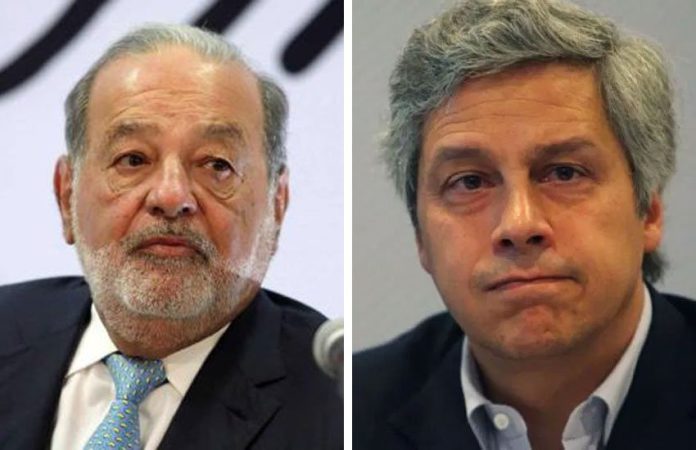President López Obrador’s inaugural speech on Saturday, in which he vowed to begin a “profound and radical transformation” of Mexico, garnered a mixed reaction from pundits, with assessments focusing on the economic implications of his plans.
Gustavo de Hoyos, president of the Mexican Employers Federation (Coparmex), described López Obrador’s address as unfortunate, charging that the tone struck was that of a candidate rather than a president.
“. . . We heard polarizing and black and white messages, charged with retrograde ideology. The way in which the energy and education reforms . . . were dismissed is concerning,” he said.
While de Hoyos said it was positive that López Obrador had committed to serving only one term, not putting the country into debt and respecting the autonomy of the central bank, he contended that his overall message fell short of what was needed to reassure markets and investors.
“The message that the president sent will not generate calm, above all the fact that he ruled out energy advances, that he said that he won’t allow fracking in Mexico and that he’s going to bet on investing in refineries when it is clear that it is contrary to economic and market logic. They’re not positive announcements; the president could have done a lot more to generate confidence,” de Hoyos said.
The business leader was also critical of the new president’s line in the sand approach to dealing with corruption, arguing that not investigating and punishing past acts of corruption is “a door to impunity.”
On Twitter, businessman and anti-corruption activist Claudio X. González was also critical of López Obrador’s first speech as president, stating that his remarks went “against the free market” and represented a “retrograde, statist, interventionist [and] obsolete [economic] vision” that would have “very bad” consequences.
The president of Mexicanos Contra la Corrupción y la Impunidad (Mexicans Against Corruption and Impunity) said that the president should have struck a more conciliatory tone in his speech rather than one that was “Manichean, simplistic and polarizing.”
The president’s remarks, he said, only served to generate economic uncertainty.
“Uncertainty is not a friend of investment and growth, without which there can be no ‘fourth transformation,” González said, criticizing also the decision to cancel the education reform and to not allow fracking.
Businessman Carlos Slim, Mexico’s richest man, had a different perspective. He gave a comparatively glowing assessment of López Obrador’s inaugural remarks as president, stating that they inspired “certainty and an invitation to work and invest.”
Slim continued: “What is needed, as [López Obrador] said, is job creation [and] to fight poverty. The best investment is to fight poverty, incorporate marginalized people into modernity with education and employment.”
He also agreed with the new president that corruption has been the biggest impediment to Mexico’s development, and identified a lack of “a vision for the future” and excessive spending as other significant problems.
“The speech [López Obrador] gave directly tackles those points,” Slim said.
Business Coordinating Council (CCE) president Juan Pablo Castañón said he was optimistic in light of the new president’s remarks while Ricardo Salinas of the conglomerate Grupo Salinas also interpreted the speech positively.
Duncan Wood, director of the Wilson Center’s Mexico Institute, said that “there were few signs in AMLO’s speech that the full reality of governing has sunk in thus far,” adding that “markets will be deeply concerned about the future of the energy sector and the overly ambitious infrastructure plans without any way of paying for them.”
Alfonso Esparza, an analyst at the financial company Oanda, said the speech was heavy on outlining Mexico’s problems but light on providing solutions.
“There were no great surprises in the speech. It reiterates criticism of the neoliberal model with the example of the energy reform, and puts forward increasing the number of refineries. Lots of problems were raised but not much time was left to get into solutions,” he said.
Alfredo Coutino of Moody’s Analytics also said there were no surprises in López Obrador’s inaugural speech, “since it confirmed the ideas and promises of the campaign.”
He added that there was “an inconsistency in promising to ‘make Mexico an economic power’ but at the same time rejecting liberal and free-market economic policies, which are essential for gaining the confidence of the private sector.”
Source: El Universal (sp), La Silla Rota (sp), Milenio (sp), Reuters (en)
